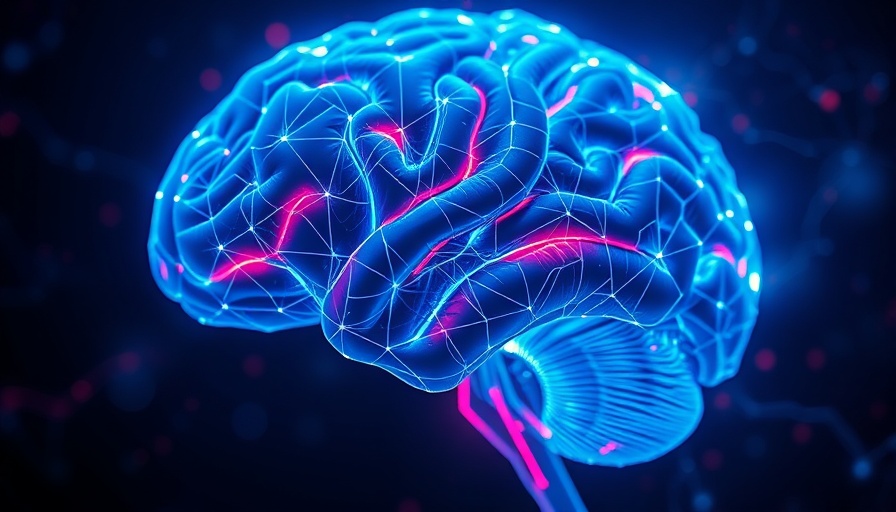
Why Exercise Matters for Brain Health
The link between physical activity and brain health has gained significant attention in recent years, particularly regarding lowering the risk of dementia. A study published in the journal Aging Cell revealed fascinating insights into how exercise enhances brain function. Researchers observed changes in the brains of participants who engaged in regular physical activity, noting an increase in neuronal vesicles—cells that play a crucial role in shuttling proteins necessary for insulin sensitivity. This suggests that regular exercise could have direct benefits on cognitive functions, potentially delaying the onset of dementia.
The Role of Insulin in Brain Function
Insulin is not just vital for regulating blood sugar; it also plays a significant role in brain health and cognitive functions. As we age, insulin levels in the brain can diminish, leading to issues with memory and cognition. The aforementioned study underscores that exercise can help maintain insulin sensitivity, which is crucial for brain cells to communicate effectively. As Dr. Steven K. Malin highlights, supporting insulin sensitivity through regular workouts could combat the development of conditions like Alzheimer’s disease.
Every Little Bit Counts: The Importance of Movement
While intense exercise has its benefits, recent research indicates that even light physical activity can help reduce dementia risk. A study cited by Harvard Health involving over 62,000 participants demonstrated that those engaging in light-intensity physical activity had a lower risk of developing dementia compared to inactive individuals. Activities like walking or taking the stairs contribute to overall brain health, reinforcing the importance of staying active regardless of intensity.
Combining Aerobic and Strength Training
To maximize brain health, incorporating a mix of aerobic and strength exercises is advantageous. While aerobic activities enhance the production of brain-derived neurotrophic factor (BDNF), which supports the growth and health of new neurons, resistance training contributes to the release of insuling-like growth factors. Therefore, alternating between the two can offer greater cognitive benefits, as evidenced by studies comparing various workout regimens.
Conclusion: Take Charge of Your Cognitive Health
Understanding the relationship between exercise and brain health is empowering. By prioritizing physical activity, whether moderate or light, you are taking proactive steps toward reducing the risk of dementia and enhancing overall cognitive function. Remember, even simple changes in your daily routine can make a significant difference. Consider scheduling a daily walk or engaging in enjoyable physical activities to boost your brain health.
 Add Row
Add Row  Add
Add 




Write A Comment